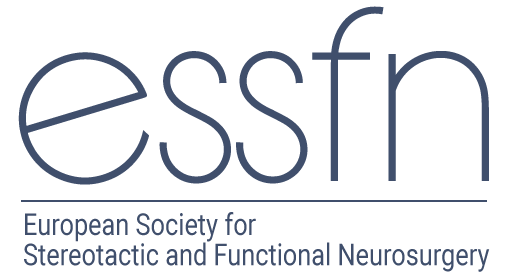This code is a statement of ideals, commitments and responsibilities of stereotactic neurosurgeons to patients, other health professionals, society and themselves.
It thus may be considered as one of the measures used by the ESSFN to evaluate a member’s maintenance of good professional standing, and to evaluate qualifications for membership by applicants.
- The stereotactic neurosurgeon shall restrict his or her practice to that which he or she is competent to deliver by training and experience in the field.
- The stereotactic neurosurgeon involved in human research and experimentation shall respect the rights of the participants and execute a consent fully informing the participants before proceeding with any treatment or research.
- In experimental research the use of animals should be restricted to experimentation which cannot be performed with alternative methods. The use of animals should avoid all unnecessary suffering and the guidelines of the International Association for the study of Pain should be followed (Pain 16, 109; 1983).
- The ESSFN adheres to the Code of Ethics of the American Association of Neurological Surgeons with respect to all other stipulated responsibilities.
